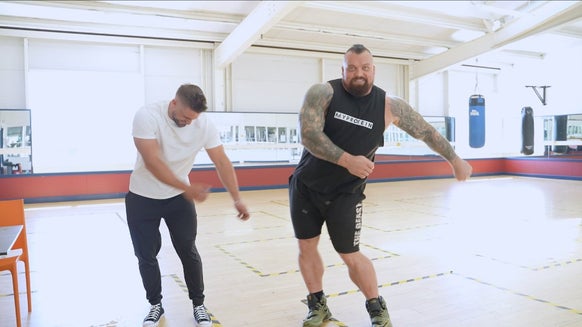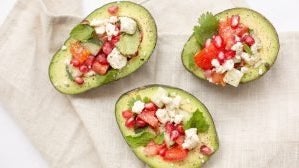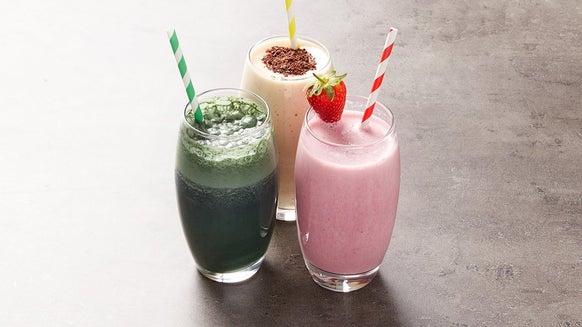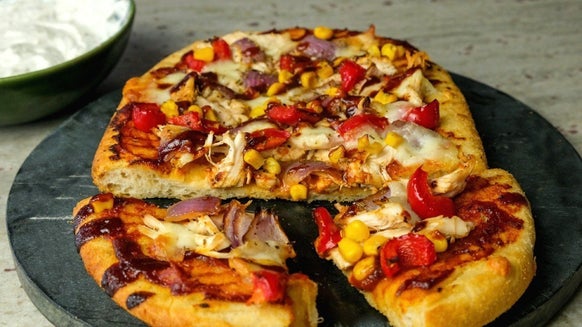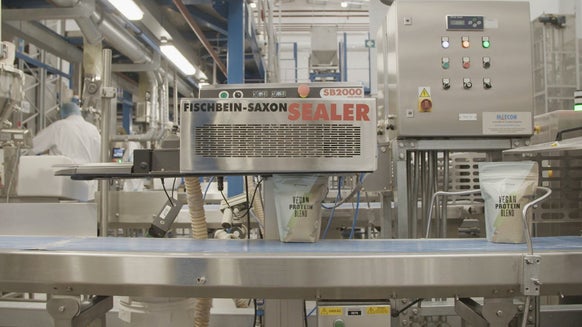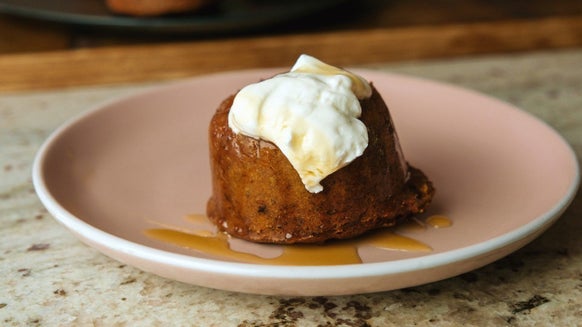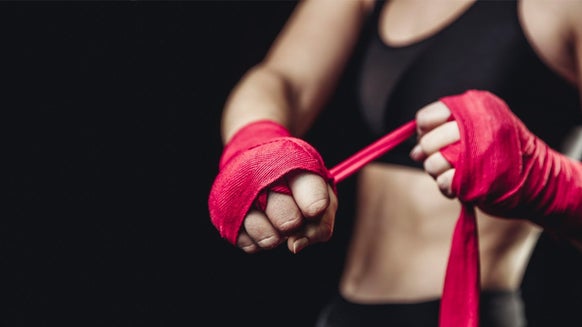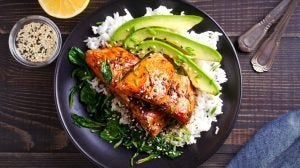
When it comes to our bodyweight, most of us can fall into 3 categories: those who gain weight easily, those who lose weight easily, and those with an athletic build that fall somewhere in the middle. Because it's quite straightforward to categorise body types in this way, some theories champion diet modifications to suit each type. Known as somatotypes, these physique categories were created by William Sheldon in the 1940s.
This article will focus on the ideal diet for an ectomorph somatotype. It’s important to keep in mind that somatotypes are pretty simplified ideas of human body types, and body composition is a little more complex than just these types. However, if you are someone who struggles to gain weight or muscle mass, you would fall into the ectomorph type and incorporating foods in this article will definitely help you achieve some weight gain.

What is an Ectomorph?
If you’ve already determined that you’re an ectomorph, you likely are of a very slim build, struggle to gain weight (both muscle and fat), and find it generally easy to lose weight when you want to. On the flip side, it can be really frustrating if you have an ectomorphic body type when you’re trying to make significant gains.
We know that no matter what your body type is, three factors are required for gaining muscle - adequate calories, adequate protein, and challenging your muscles with exercise.
Read more about all the different types in this article.
What should Ectomorphs Eat?
Once you’ve set your goals (gaining muscle, burning fat, etc) you can rely on some standard tools to help you plan your meals. If you don’t know where to start, check out our macro calculator for determining your BMR. Once you know your BMR, you can factor in your activity level and get an idea of optimal macros.
When it comes to planning your menus, ectomorphs can benefit from foods with a high caloric density - or low volume foods. This means foods that pack a lot of energy (or calories) per gram. Some low volume foods are animal proteins, nuts and seeds, eggs, and pastas. These foods can contribute lots of calories in a low volume, unlike high volume foods that are packed with mostly water and few calories - like leafy greens, celery, or watermelon.
The three macros are protein, carbs, and fat - and low volume foods can be good sources of all three. Choose animal protein sources, focus on whole grains that are packed with vitamins and minerals in addition to carbs.
Fats are also an easy way to boost your calorie intake - providing 9 calories per gram (as opposed to 4 calories per gram in carbs and protein).
Ectomorphs who focus on low volume foods can obtain adequate calories in their diet without feeling too full. Keeping recovery shakes with whey protein or gainer blends can be another great way to pack in the calories and protein between your meals.
Recommended Foods for Ectomorphs
Recommended Proteins
Choose animal protein sources with some fat for a higher calorie intake.
Try out our salmon tray bake recipe for a mouth-watering dinner...
Recommended Carbs
Focus on whole grains for optimum nutrition in low volume.
Recommended Fats
Choose nuts for snacks that are easy to carry and pack a ton of calories in a small volume. Adding plant based oils like olive oil while cooking is a great calorie booster.
Take Home Message
Ectomorphs can meet their mass and muscle gain goals by choosing foods that pack protein and calories in small amounts. Focusing on protein, whole grains, and healthy fats are the easiest ways to boost overall calorie intake. While ectomorphs might have to work harder to make gains, choosing the right low volume foods can make all the difference.

Claire is a Registered Dietitian through the Academy of Nutrition and Dietetics and a board-certified Health and Wellness Coach through the International Consortium for Health and Wellness Coaching. She has a Bachelor of Science in Biology and a Master’s degree in Clinical Dietetics and Nutrition from the University of Pittsburgh.
Talking and writing about food and fitness is at the heart of Claire’s ethos as she loves to use her experience to help others meet their health and wellness goals.
Claire is also a certified indoor cycling instructor and loves the mental and physical boost she gets from regular runs and yoga classes. When she’s not keeping fit herself, she’s cheering on her hometown’s sports teams in Pittsburgh, or cooking for her family in the kitchen.
Find out more about Claire’s experience here.
- Sheldon, W. H. (1950, January). The somatotype, the morphophenotype and the morphogenotype. In Cold Spring Harbor symposia on quantitative biology (Vol. 15, pp. 373-382). Cold Spring Harbor Laboratory Press.
- Lemon, P. W., Tarnopolsky, M. A., MacDougall, J. D., & Atkinson, S. A. (1992). Protein requirements and muscle mass/strength changes during intensive training in novice bodybuilders. Journal of Applied physiology, 73(2), 767-775.
